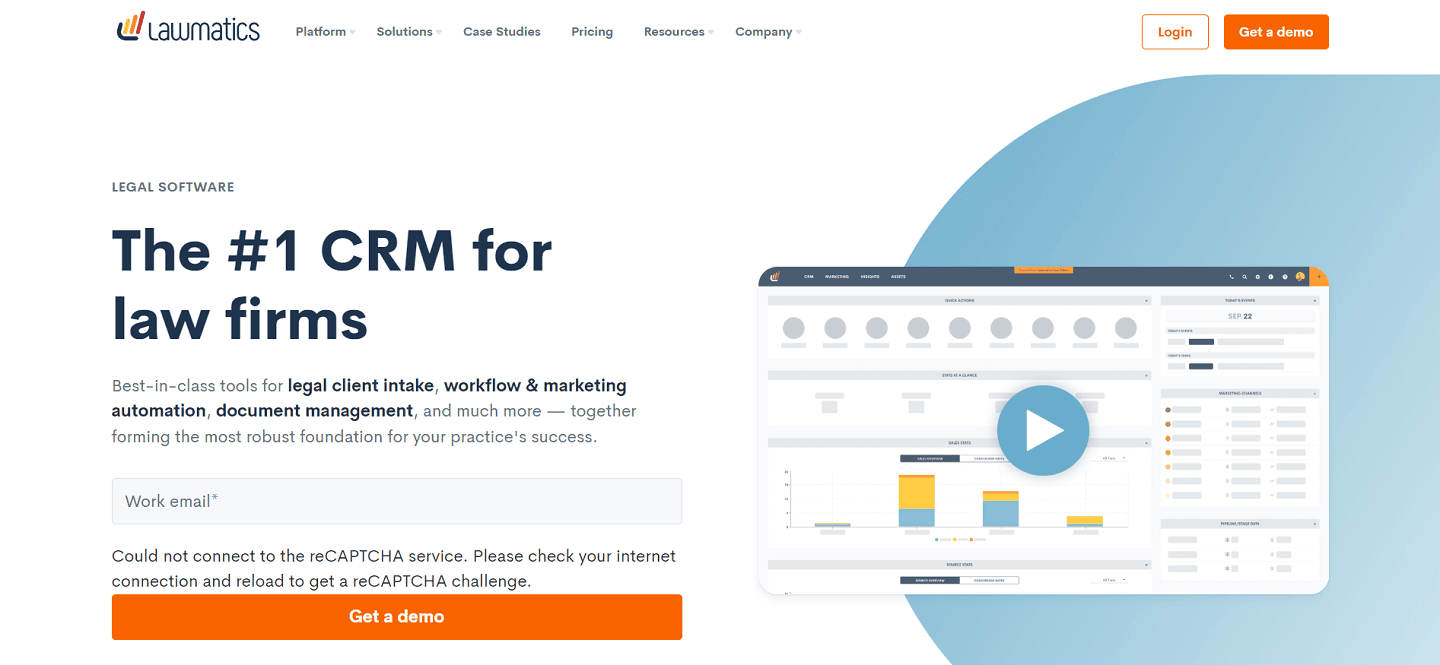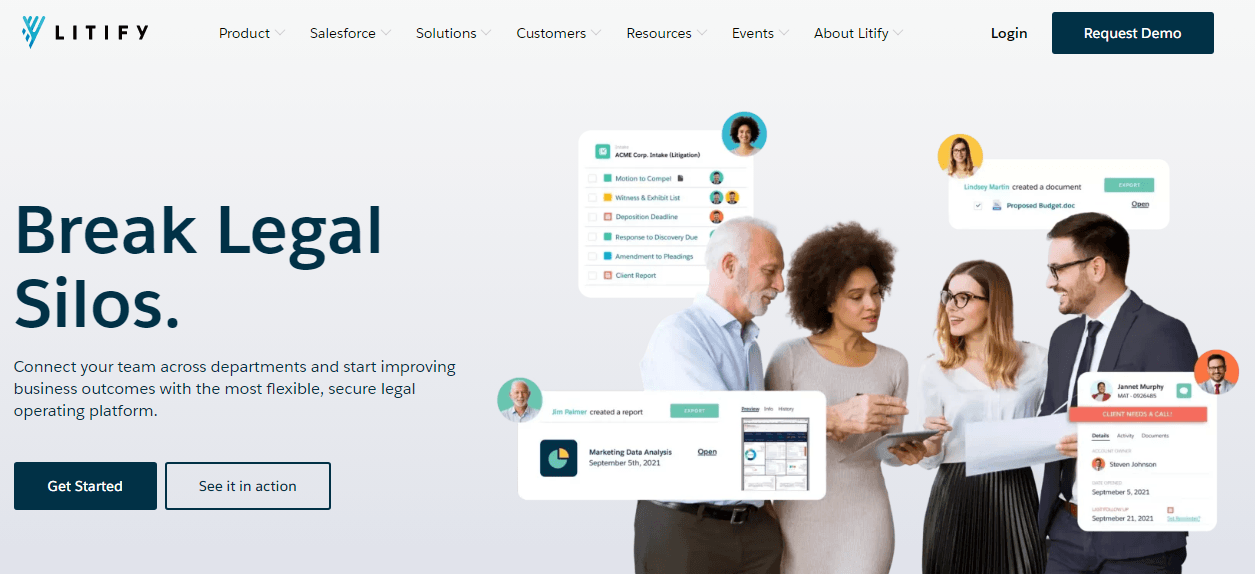Starting with the best CRM for lawyers, this paragraph aims to grab the readers’ attention and provide an engaging overview of the topic. CRM systems are crucial for law firms to manage client relationships effectively and streamline operations. In this guide, we will explore the key features, factors to consider, security measures, customization options, and user experience aspects of CRM software tailored specifically for legal practices.
Introduction to CRM for Lawyers
Customer Relationship Management (CRM) is a crucial tool in the legal industry, helping law firms manage client relationships, streamline communication, and improve overall efficiency. Implementing a CRM system can significantly benefit lawyers by enhancing client interactions, increasing productivity, and maintaining organized records.
Importance of CRM Systems for Lawyers
CRM software plays a vital role in helping lawyers track client information, manage leads, and monitor case progress. By centralizing data and automating tasks, law firms can improve client service, increase client retention, and boost profitability.
Examples of CRM Software Benefits for Law Firms

Some key benefits of CRM software for law firms include improved client communication, efficient case management, detailed reporting and analytics, and enhanced marketing capabilities. By utilizing CRM systems, lawyers can optimize their workflow and focus on delivering exceptional legal services.
Key Features of CRM for Lawyers
A CRM system designed for lawyers should include features such as contact management, lead tracking, calendar integration, document management, task automation, and mobile access. These features are essential for law firms to effectively manage client relationships and streamline operations.
Factors to Consider When Choosing a CRM for Lawyers
When selecting a CRM system for a law practice, it’s crucial to consider specific needs and requirements. Factors to consider include customization options, integration capabilities, scalability, user experience, and data security.
Specific Needs of Law Firms Addressed by CRM
Law firms require CRM software that can handle client intake, case management, billing, and reporting. The CRM system should also cater to the unique workflows and compliance requirements of legal practices.
Comparison of CRM Software Options for Law Practices
There are various CRM software options available for law firms, ranging from industry-specific solutions to general CRM platforms. It’s essential to compare features, pricing, and customer reviews to choose the best CRM system for your firm.
Scalability and Integration Capabilities of CRM Systems, Best crm for lawyers
Law firms of different sizes have varying needs when it comes to CRM solutions. It’s important to select a CRM system that can scale with your practice and integrate seamlessly with other legal tools such as practice management software and document management systems.
Security and Compliance in CRM for Lawyers

Data security and compliance are critical aspects of CRM systems for law firms, given the sensitive nature of legal information. A CRM designed for lawyers should adhere to industry regulations, provide secure data storage, and offer robust encryption measures.
Specific Security Measures in CRM for Lawyers
CRM software for law firms should include features like access controls, audit trails, data encryption, and regular security updates. These measures help protect client data, maintain confidentiality, and ensure compliance with legal requirements.
CRM Features Enhancing Data Protection for Legal Practices
Advanced CRM features such as role-based permissions, secure client portals, data backup, and disaster recovery capabilities can further enhance data protection for law firms. By prioritizing security in CRM implementation, lawyers can build trust with clients and safeguard sensitive information.
Customization and User Experience in CRM for Lawyers
Customization options and user experience are crucial considerations when implementing a CRM system for lawyers. Tailoring the CRM software to suit legal workflows, optimizing the user interface design, and providing training and support can enhance user adoption and overall productivity.
Importance of Customization Options in CRM System
Lawyers benefit from CRM software that can be customized to match their specific needs, workflows, and branding requirements. Customization options allow law firms to create tailored solutions that align with their business goals and client service standards.
User Interface Design Considerations for a Lawyer-Friendly CRM

A lawyer-friendly CRM should have an intuitive user interface, easy navigation, and seamless integration with existing workflows. By focusing on user experience design, law firms can ensure that their team members can efficiently use the CRM system to manage client relationships and cases.
Final Review: Best Crm For Lawyers
In conclusion, selecting the best CRM for lawyers is vital for enhancing productivity, ensuring data security, and optimizing client interactions in law firms. By understanding the specific needs of legal practices and leveraging the right CRM software, lawyers can streamline their workflow and achieve greater success in managing their cases and relationships.
Questions and Answers
What sets the best CRM for lawyers apart from generic CRM software?
The best CRM for lawyers offers industry-specific features tailored to legal practices, such as case management tools, client intake forms, and compliance tracking capabilities.
How can CRM software benefit small law firms?
CRM software can help small law firms streamline client communication, track billable hours more efficiently, and improve client retention rates through personalized interactions.
Is data security a major concern when using CRM for lawyers?
Yes, data security is crucial in legal CRM systems to protect sensitive client information and maintain compliance with industry regulations like GDPR and HIPAA.
Can CRM software be integrated with existing legal tools used by law firms?
Yes, many CRM systems offer integration capabilities with common legal tools like document management systems, billing software, and email clients to streamline workflows.
